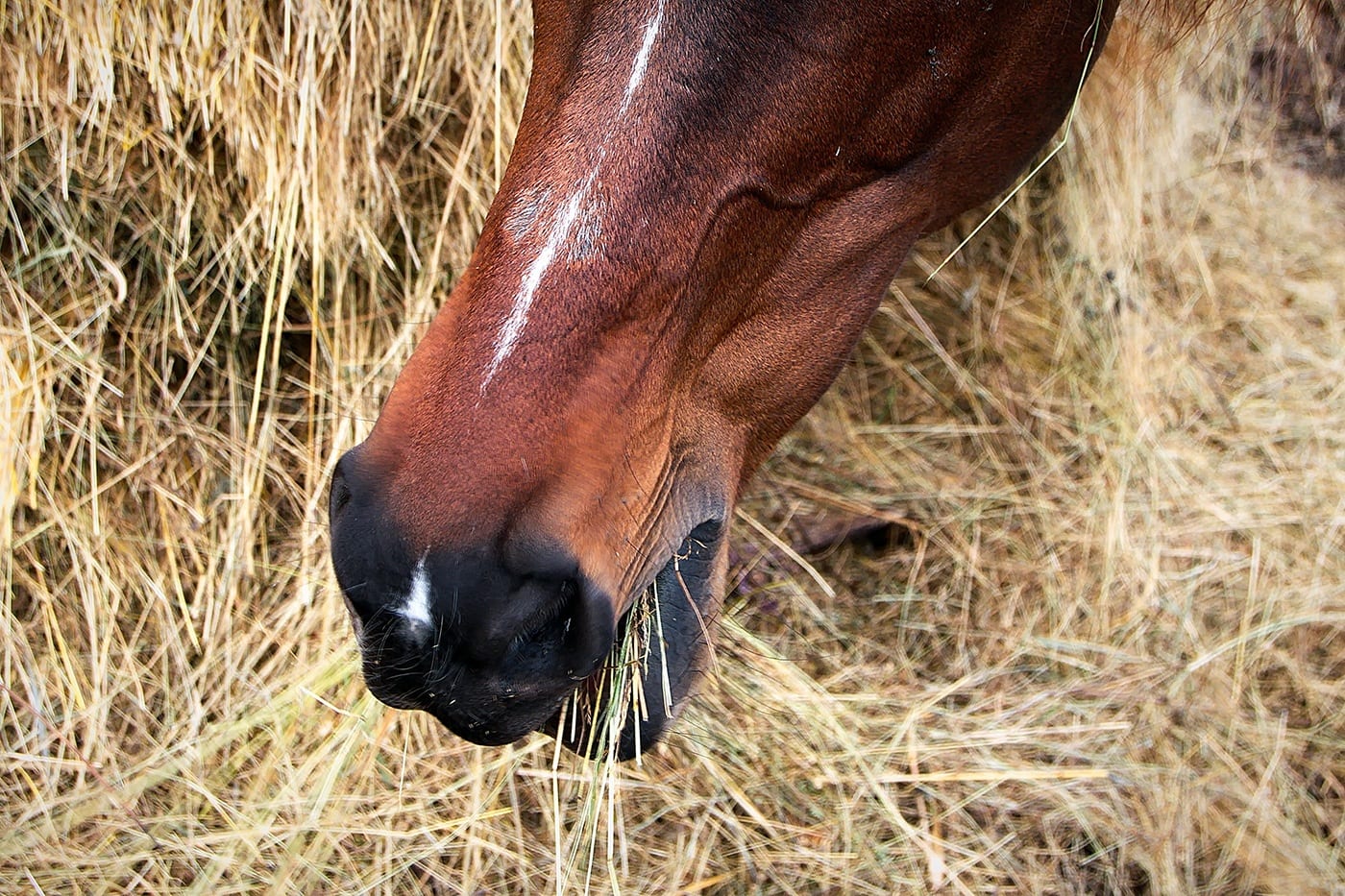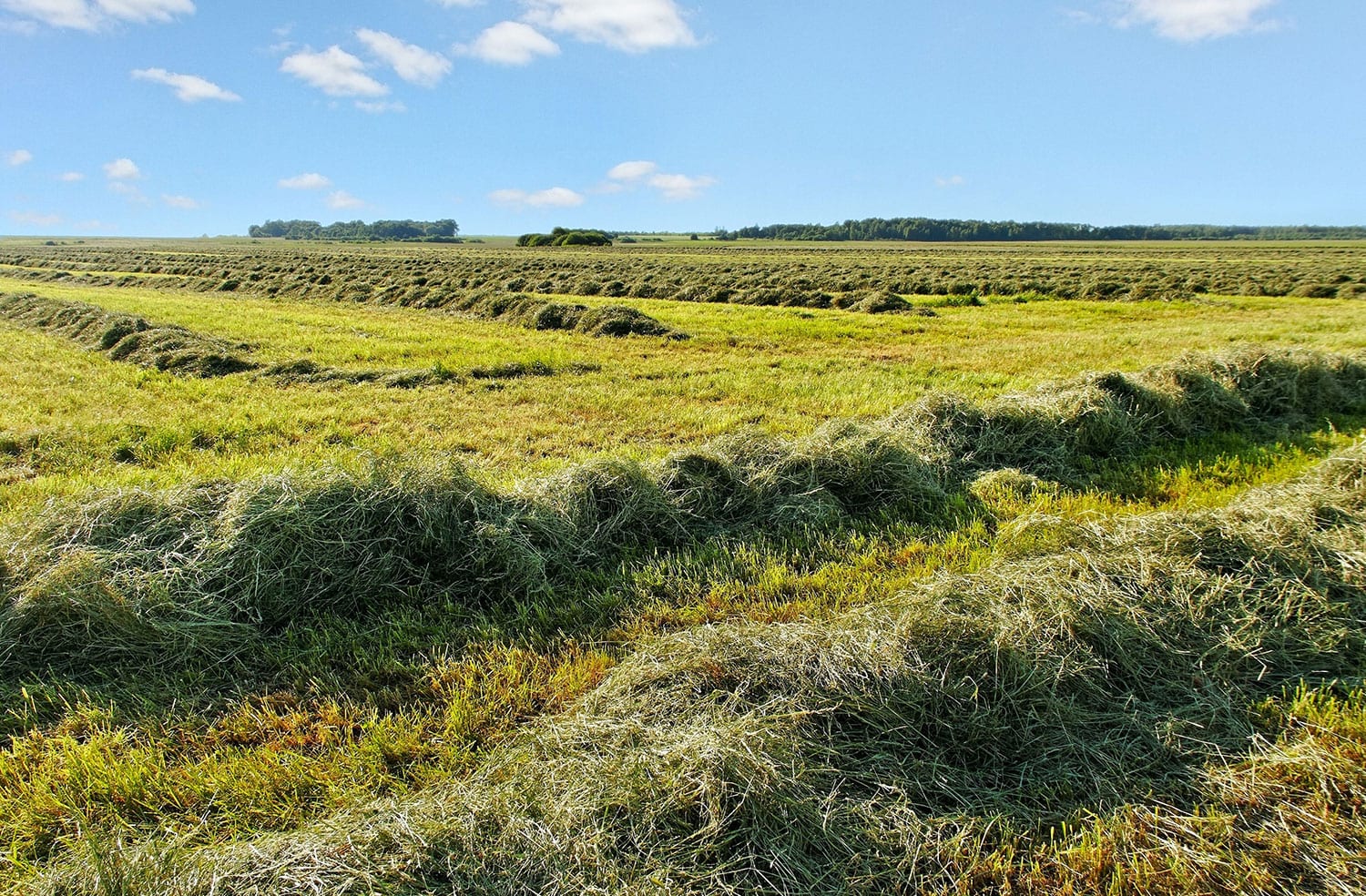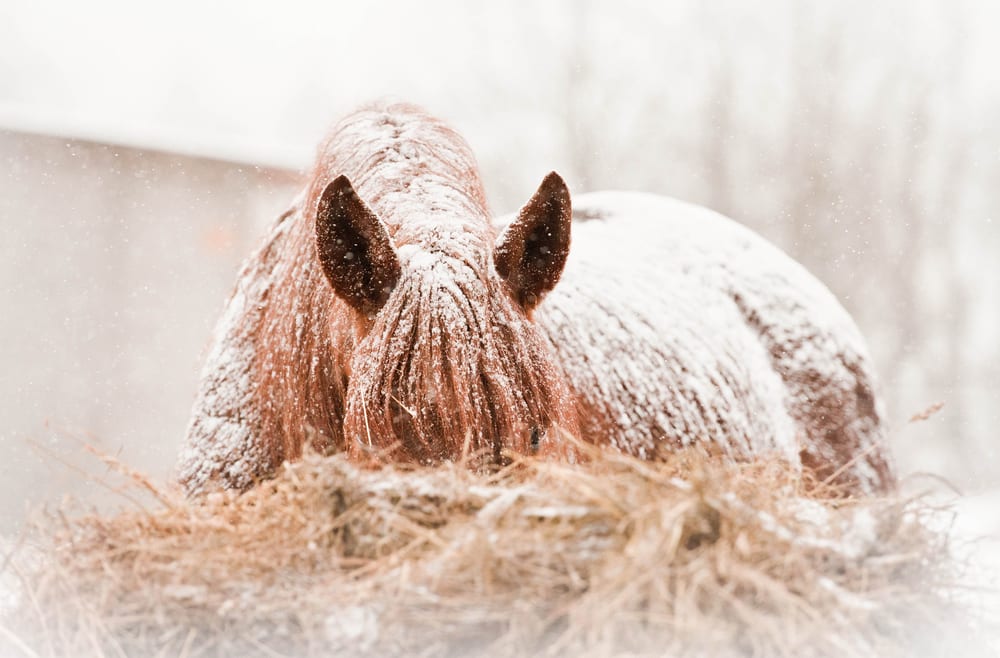Look into just about any stall or pasture and you might find a reddish-brown mineral block sitting on the ground or mounted onto a wall. These mineral blocks are generally provided as free-choice options, but very few horses ever overdose on them.
This practice of free-choice mineral blocks has led to the belief that horses are able to regulate their mineral intake, driving them to consume more or less minerals according to their needs. This is a myth. While horses consume mineral blocks at different rates, they don’t seek out specific minerals to fill a perceived insufficiency. As a result, it’s imperative for the horse owner to anticipate and regulate a horse’s individual mineral needs.
What Types of Minerals do Horses Need?
Minerals are inorganic substances that are essential for bodily function. Dietary minerals are included among the six basic nutrients every horse needs, along with carbohydrates, fats, proteins, vitamins and water. They are organized into two groups: macrominerals , which are needed in larger amounts, and trace minerals, which are needed only in small amounts. The main macrominerals that horses need include calcium, phosphorus, potassium, sulfur, sodium, chlorine and magnesium. Even though minerals don’t provide calories, they’re essential to a horse’s well-being, as they help the entire system work more efficiently.
All horses need salt, calcium and phosphorus to replace electrolytes and maintain healthy teeth and bones. Magnesium and potassium are also important for muscle function and to help maintain pH balance, while sulfur provides amino acids.
Beyond these basics, every horse’s mineral needs are different, depending on its age, breed, weight and lifestyle. For example, growing horses need larger amounts of calcium and phosphorus for building bone, while horses on poor pasture may require additional supplementation. Get a basic estimate of your horse’s needs with this customizable chart from the National Research Council of the National Academies, but always consult a nutrition professional before making major changes.
Where Do Horses Get Minerals From?
Even though horses don’t know what minerals they are lacking and so can’t self-regulate, they do get minerals naturally through forage. Most hay has calcium and most grain has phosphorus, but achieving the correct balance may be difficult without overfeeding grain.
Once you consult with an equine nutritionist and have an idea of what minerals your horse may be lacking, look to supplements or mineral blocks to supply them without overfeeding.
Salt and Self-Regulation
While it’s a myth that horses will seek out specific minerals if they’re deficient in them, like people, horses do crave salt when they’ve lost a large amount of it through exercise or hot weather. That’s why a salt block or free-choice loose salt is highly recommended. However, horses can’t and won’t seek out sources of magnesium or calcium if they’re deficient — which is why it’s critical to consult with an equine nutritionist to find the correct balance of minerals for your horse, and to supplement accordingly.



